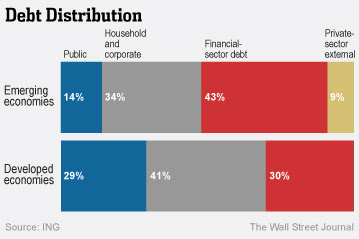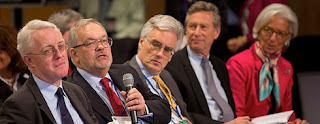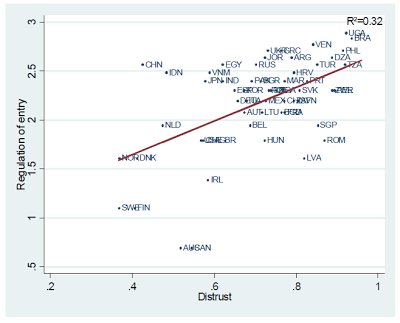The problem with economists

In their latest VoxEU column, two economists from UC San Diego, Gordon Dahl and Roger Gordon, try to answer the question on why economists tend to be so divided on most important issues, or at least are perceived to be so divided. It's not hard to realize this perception. Simply by going through the blogosphere daily you run into a variety of strongly conflicting opinions among popular economists/opinion-makers. Some claim this hurts the profession as it seems that economists can't even agree on the basic issues and are therefore not contributing to solving the problem. I would disagree; best ideas often arise precisely out of conflicting opinions. This is why one should regularly read things one doesn't agree with, if nothing to avoid confirmation bias . However, despite an obvious divergence of ideas (particularly on the recovery), the real picture is slightly different that the prevailing perception. Source: Dahl, Gordon (2013) "Views among economists: A...







